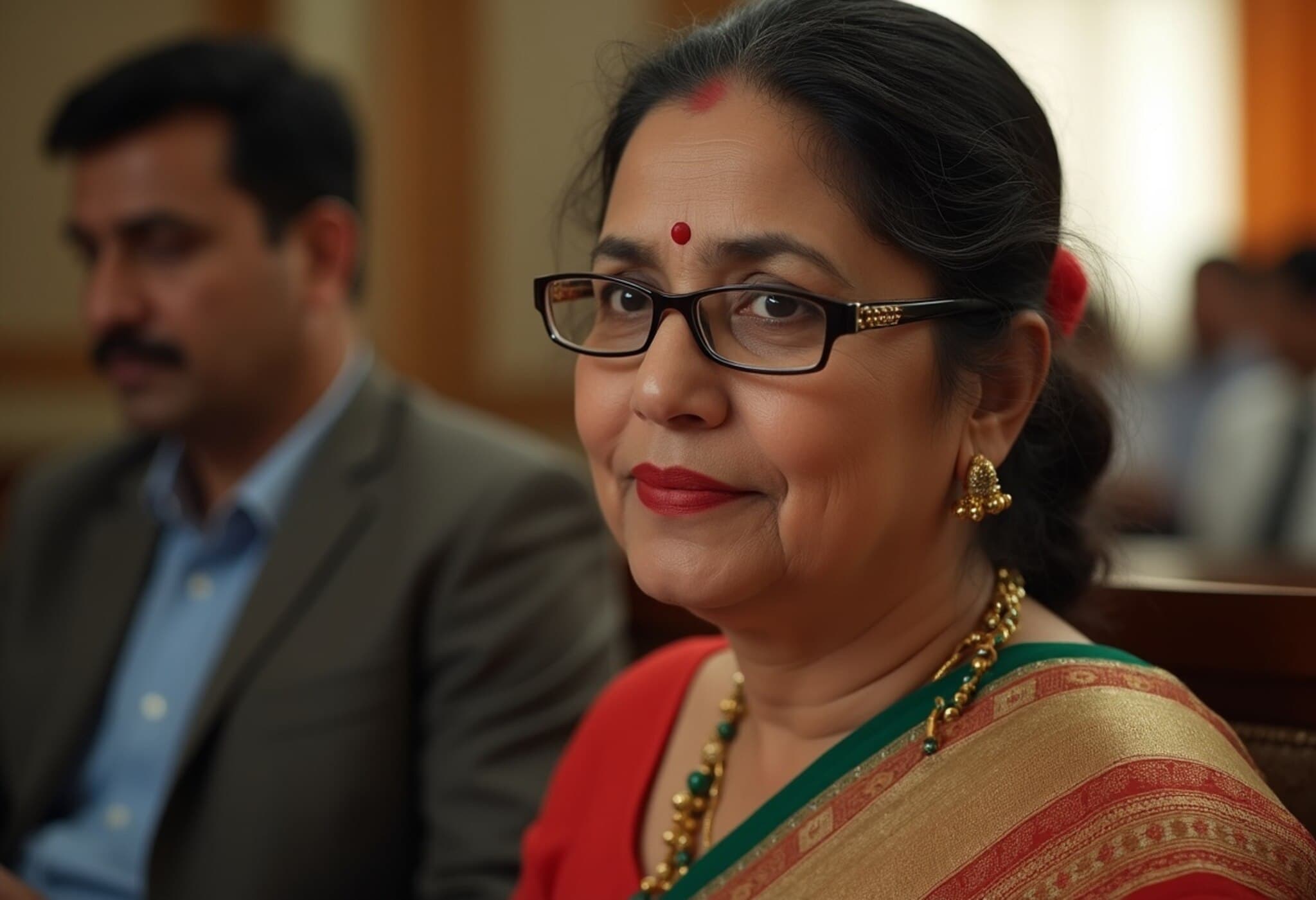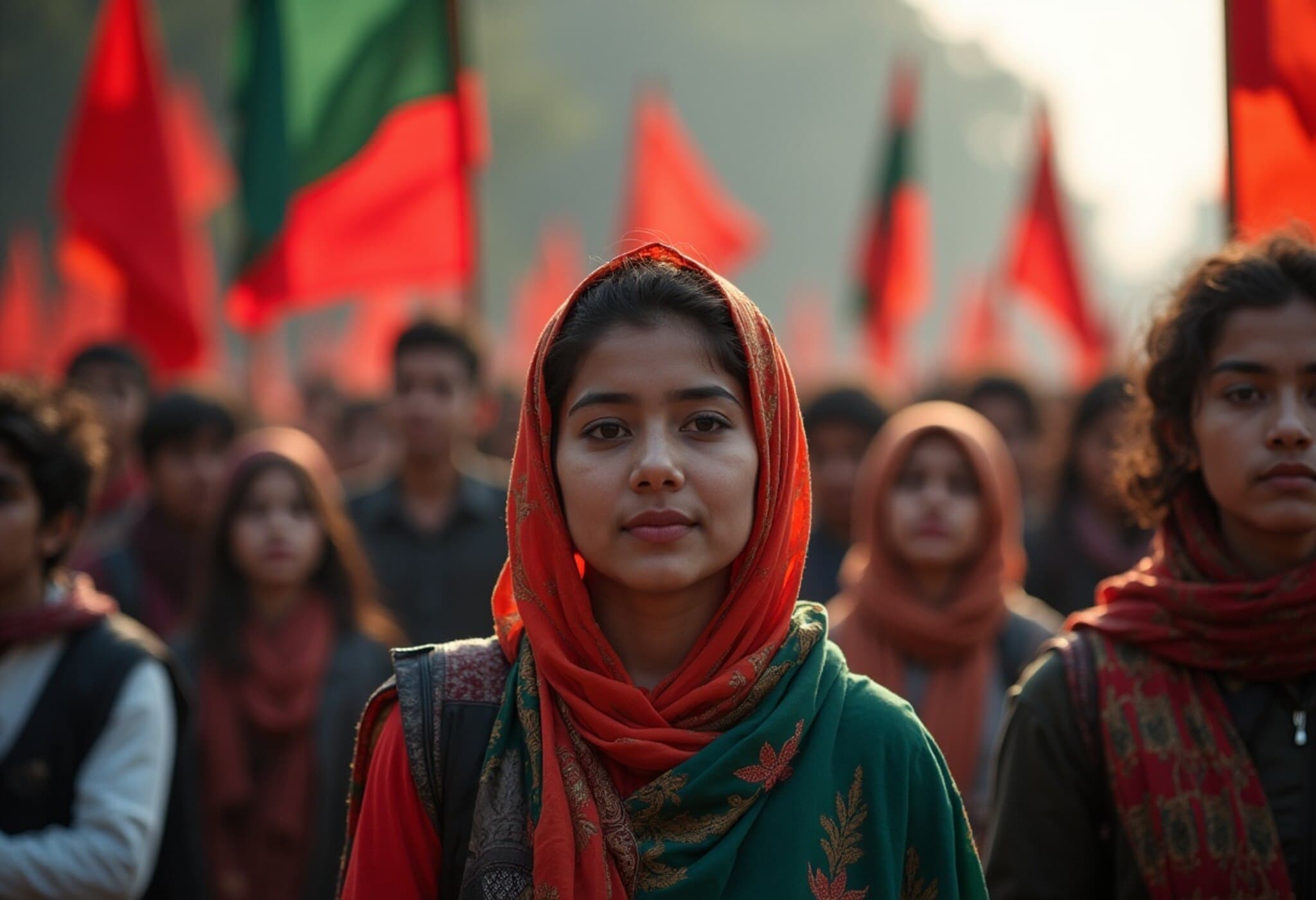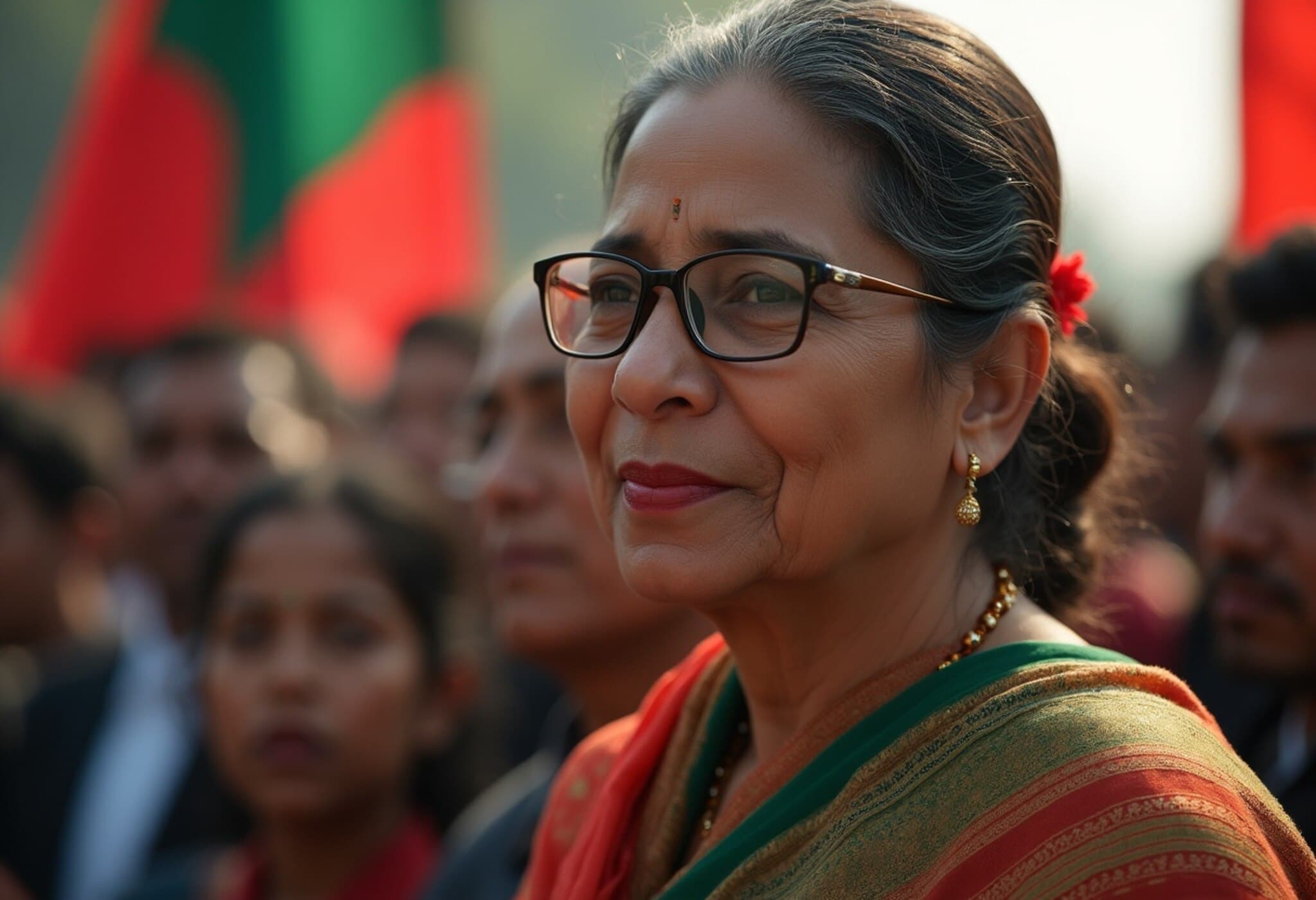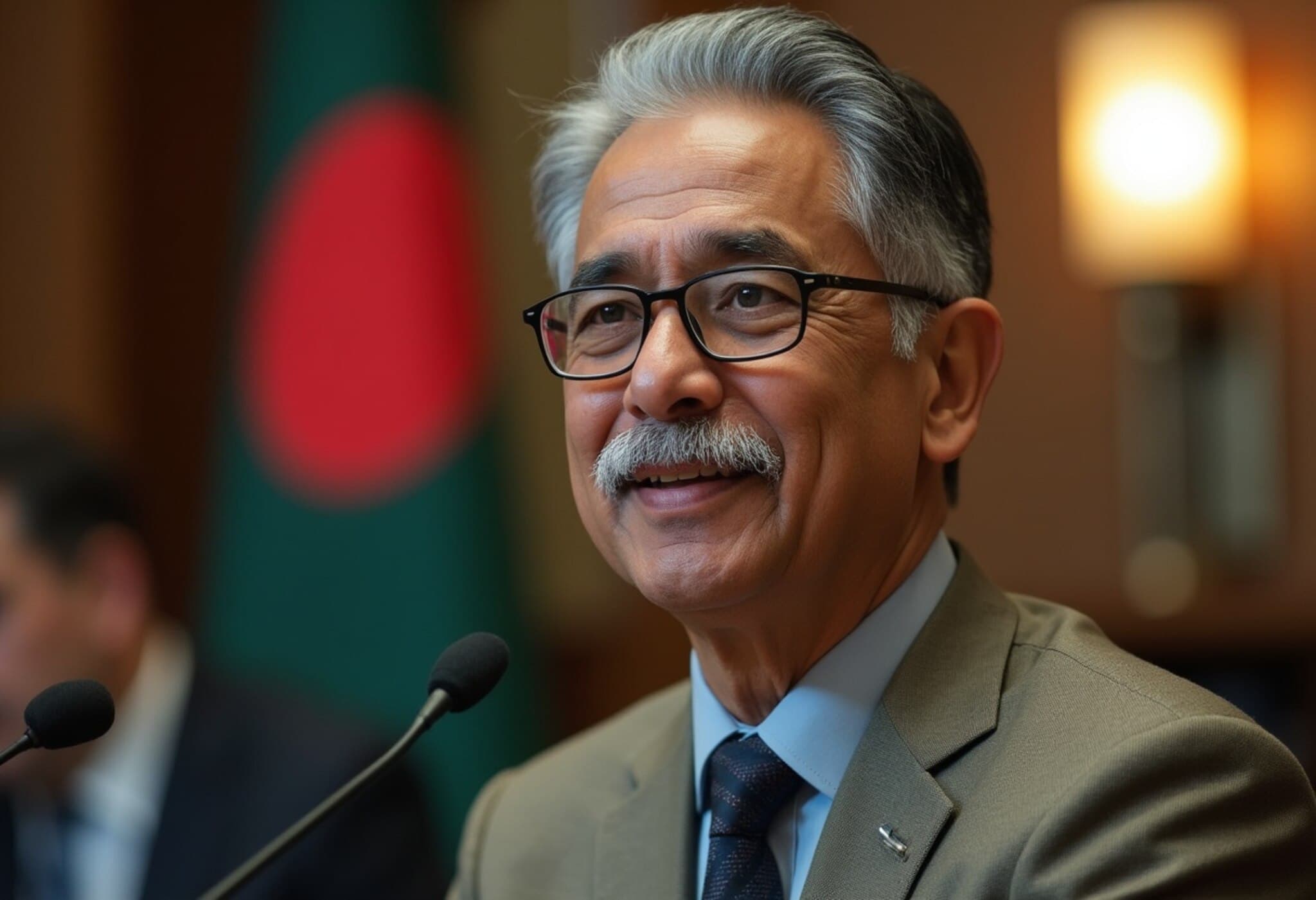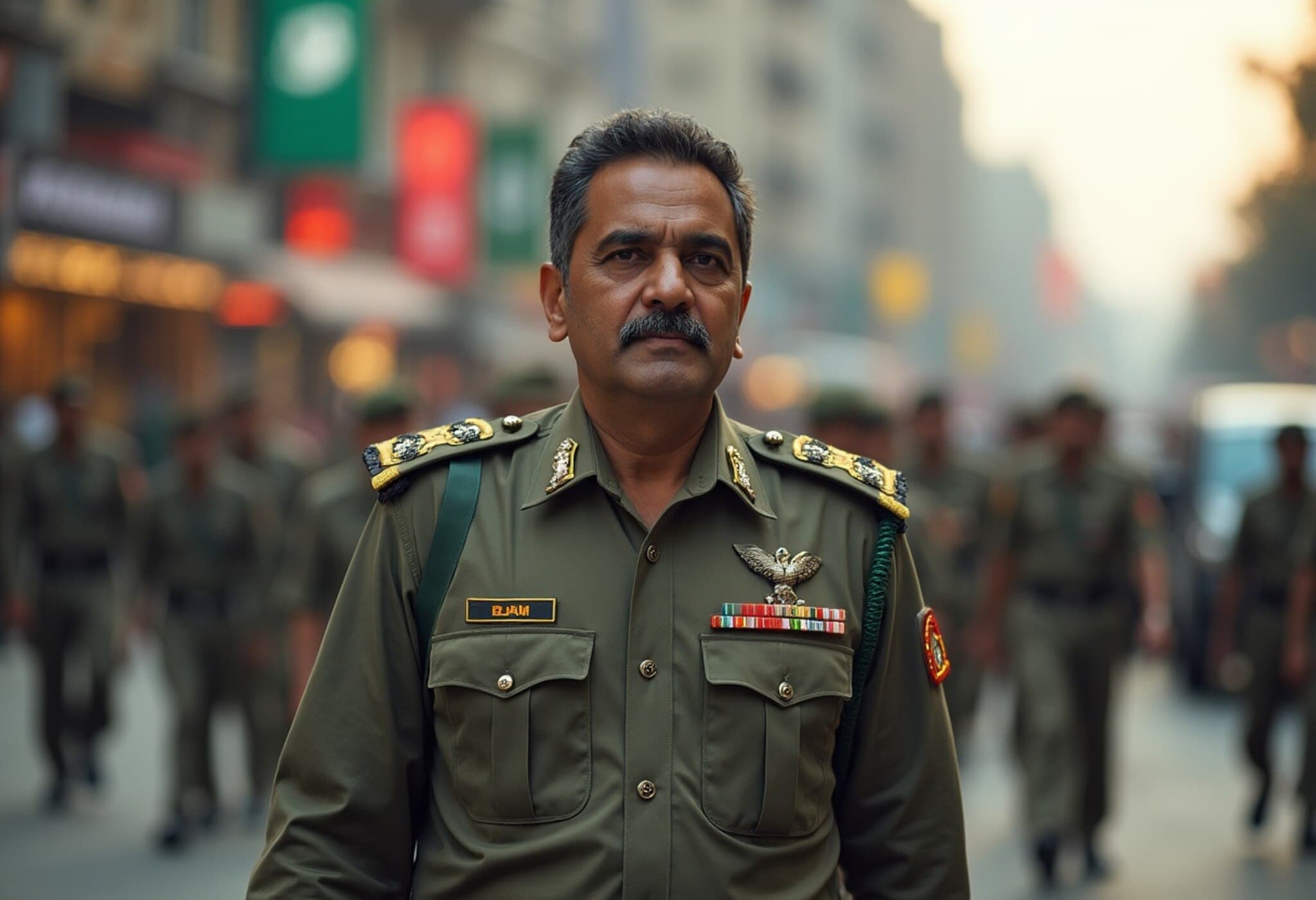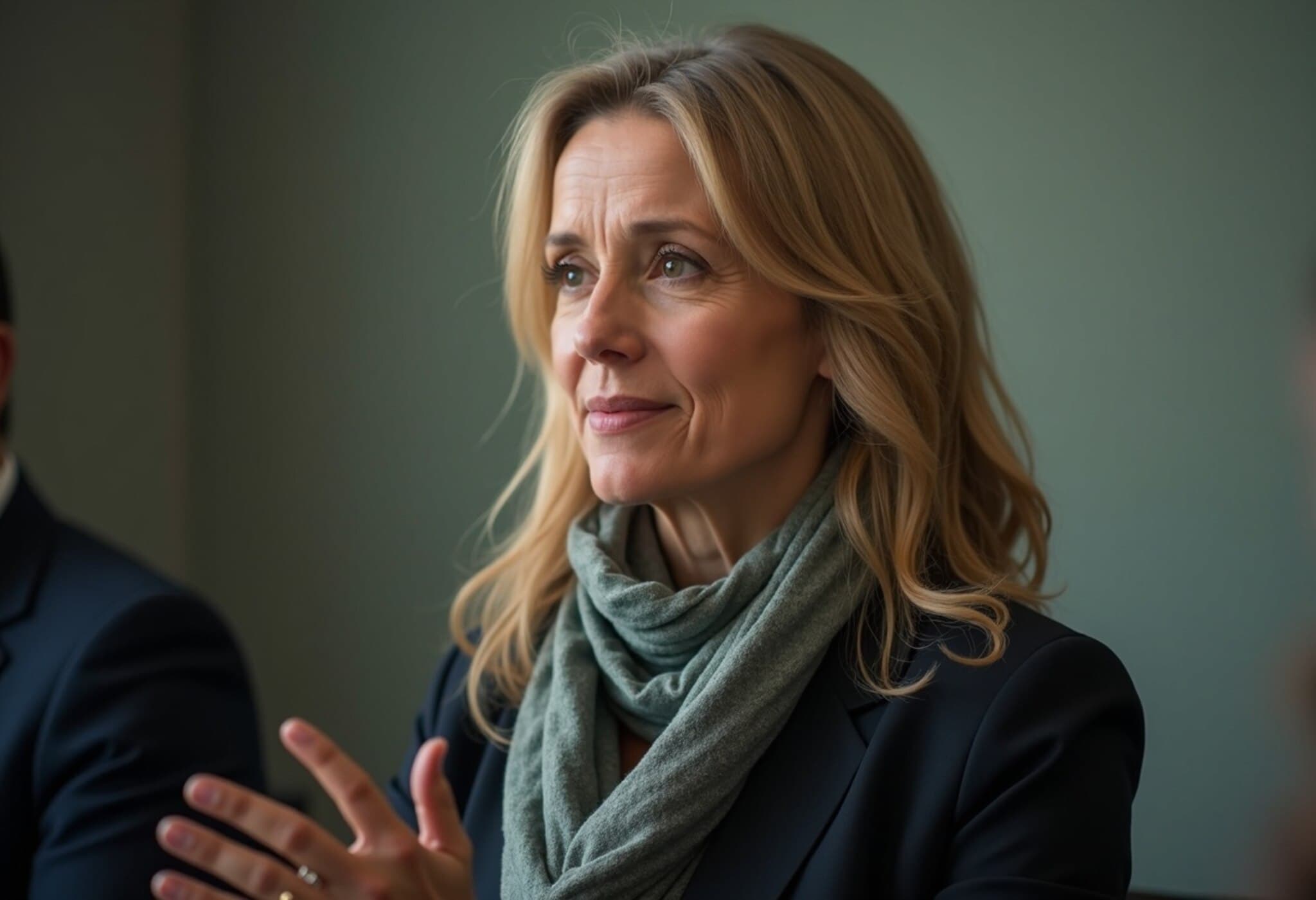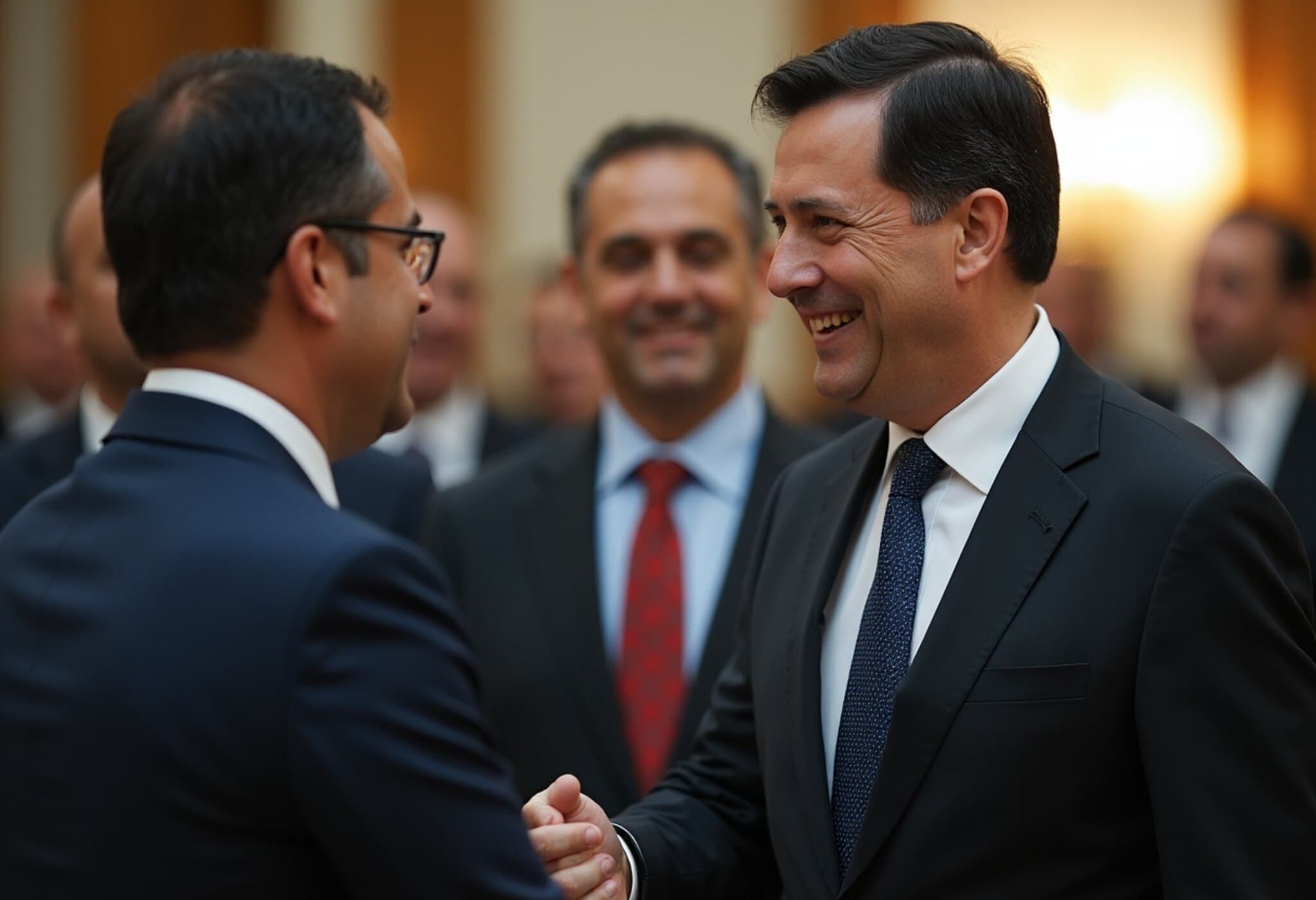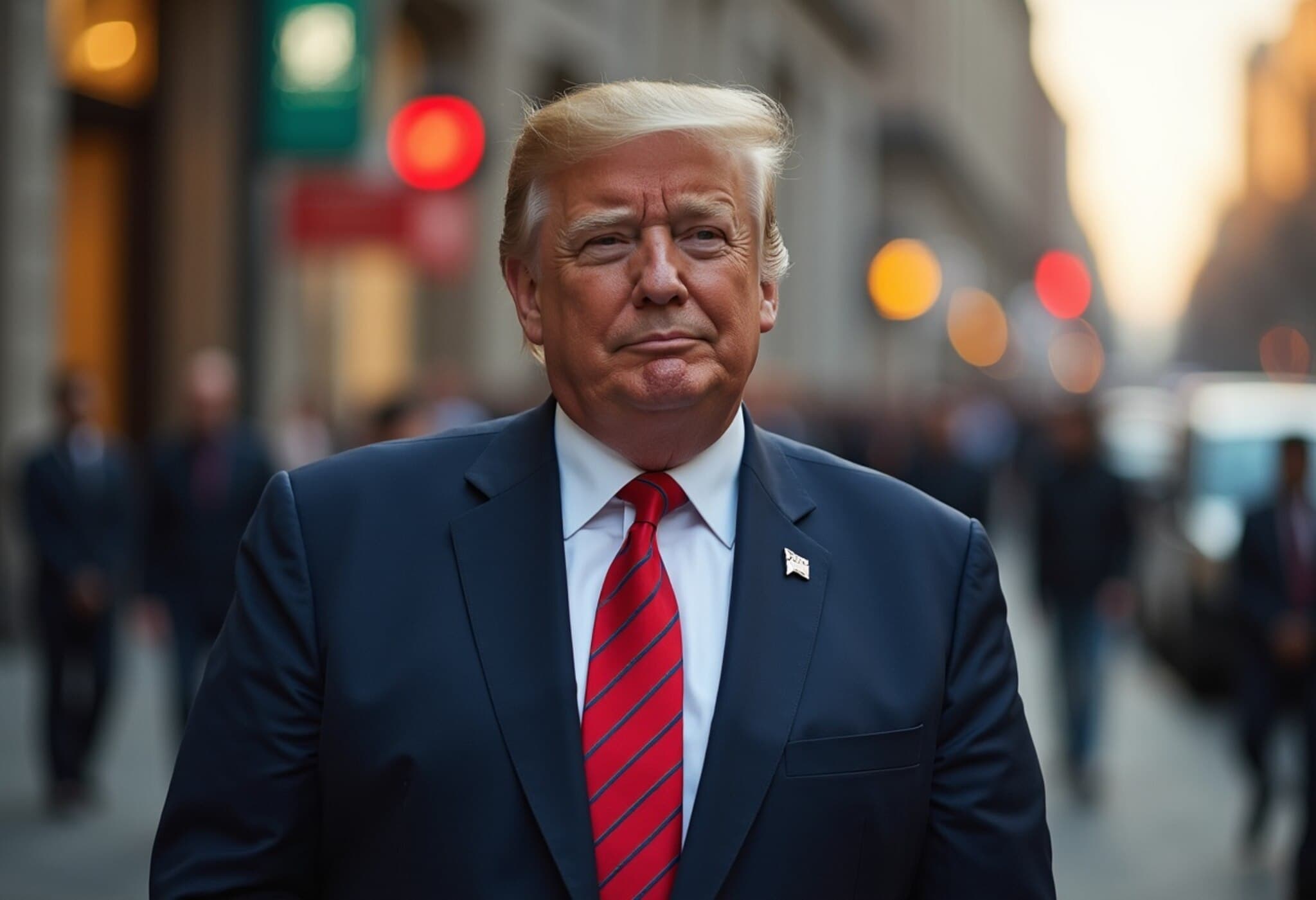A Year After Ouster, Sheikh Hasina Denounces Bangladesh’s Unelected Leadership
Exactly one year following a turbulent political upheaval that forced former Prime Minister Sheikh Hasina into exile, she has issued a powerful open letter warning about the grave dangers facing Bangladesh under the unelected regime of Muhammed Yunus. Framed as a “dark moment in history,” Hasina’s message underscores the erosion of democracy and escalating violence within the nation.
The Political Crisis That Shook Bangladesh
On August 5, 2024, amid weeks of unrest fueled by Islamist groups reportedly backed by external actors including Pakistan, Bangladesh witnessed a seismic shift. The military tacitly supported protesters demanding Hasina’s resignation. Consequently, Hasina fled the country, claiming her life was at risk, while Muhammed Yunus was installed as an interim ruler without electoral mandate.
This dramatic political transition has since been marked by what many describe as the collapse of law and order. Reports have emerged detailing a disturbing pattern of violence against minorities, especially the Hindu community, involving attacks on homes, places of worship, and targeted killings. Such developments raise serious concerns about the protection of minority rights and the rule of law in Bangladesh.
Hasina’s Call for Unity and Democratic Revival
In her statement delivered through the Bangladesh Awami League party, Hasina addressed the nation’s citizens with a heartfelt plea for solidarity. She acknowledged the painful interruption of democratic processes but emphasized the resilience and spirit of the people.
She wrote, “While they may have taken power, they will never take away our spirit, our resolve, or our destiny.” Her words resonate deeply, tapping into the collective resolve to reclaim democratic governance and national dignity.
Expert Insight: Understanding Bangladesh’s Political Crossroads
From a geopolitical perspective, Bangladesh’s ordeal reflects the fragile nature of democratic institutions in regions grappling with external influences and internal divisions. Political analysts note that the military’s ambiguous role complicates the path toward democratic restoration, while the targeting of minorities signals a troubling shift toward authoritarian and sectarian tendencies.
For the American foreign policy community, the Bangladesh scenario serves as a cautionary tale about the consequences of instability in strategically important South Asian nations. Bangladesh’s location near India and China, and its role in regional supply chains and migration patterns, means that enduring unrest could have ripple effects far beyond its borders.
The Road Ahead: Challenges and Opportunities
- Democratic Restoration: Reviving electoral legitimacy and civil institutions will be crucial.
- Minority Protection: Safeguarding vulnerable populations must become a national priority.
- Dialogue and Reconciliation: Promoting inclusive political dialogue could mitigate long-term conflict.
- International Engagement: Continued global attention — including from the US and regional players — may help pressure for positive change.
Complete Excerpt from Sheikh Hasina’s Letter
“This is an open letter to the honest, hard-working and patriotic people of Bangladesh.
One year ago today, our nation witnessed the violent interruption of our hard-fought democracy, as an unelected regime seized power through unconstitutional means. It was a dark moment in our history, an affront to the will of the people, and a betrayal of the trust between citizens and the state.
While they may have taken power, they will never take away our spirit, our resolve, or our destiny. I can assure you of that.
In the face of injustice and repression, I have witnessed extraordinary courage from you, the people of Bangladesh. You have refused to be silenced. You have stood up for democracy, for freedom, and for the future we all deserve. I am constantly inspired by your courage and your love for our country.
Though this past year has tested us, it has also revealed the unbreakable bond between our people and the values of democracy. We have endured hardship, but in that hardship, we have found unity and purpose.
Let us never forget that power belongs to the people, and no regime can suppress the will of a nation forever. Our struggle is not over, but our cause is just.
We must continue to stand for justice, for economic opportunity, for education, for peace, and for a nation where no one lives in fear. Together, we will rebuild what has been broken. Together, we will reclaim the institutions that were taken from us. And together, we will write a new chapter, one defined not by oppression, but by hope, progress, and freedom.
Let this anniversary not be a day of retrospection, but a rallying cry for a brighter tomorrow. Bangladesh has overcome adversity before, and we will rise again, stronger, more united, and more determined to build a democracy that truly serves its people.
I believe in you. I believe in Bangladesh. And I believe that our best days are yet to come.”
Editor’s Note
Sheikh Hasina’s open letter poignantly highlights the resilience of Bangladesh’s democratic ideals amid political suppression and ethnic violence. For observers, the critical question remains: can Bangladesh reconcile internal divisions and reestablish democratic norms before further destabilization occurs? The international community’s engagement, and the resolve of Bangladeshis themselves, will determine whether this “dark moment” turns into a historic resurgence or a prolonged crisis.
Readers are encouraged to consider how similar patterns of political upheaval worldwide affect global stability and what lessons can be drawn when democracy faces existential threats.

